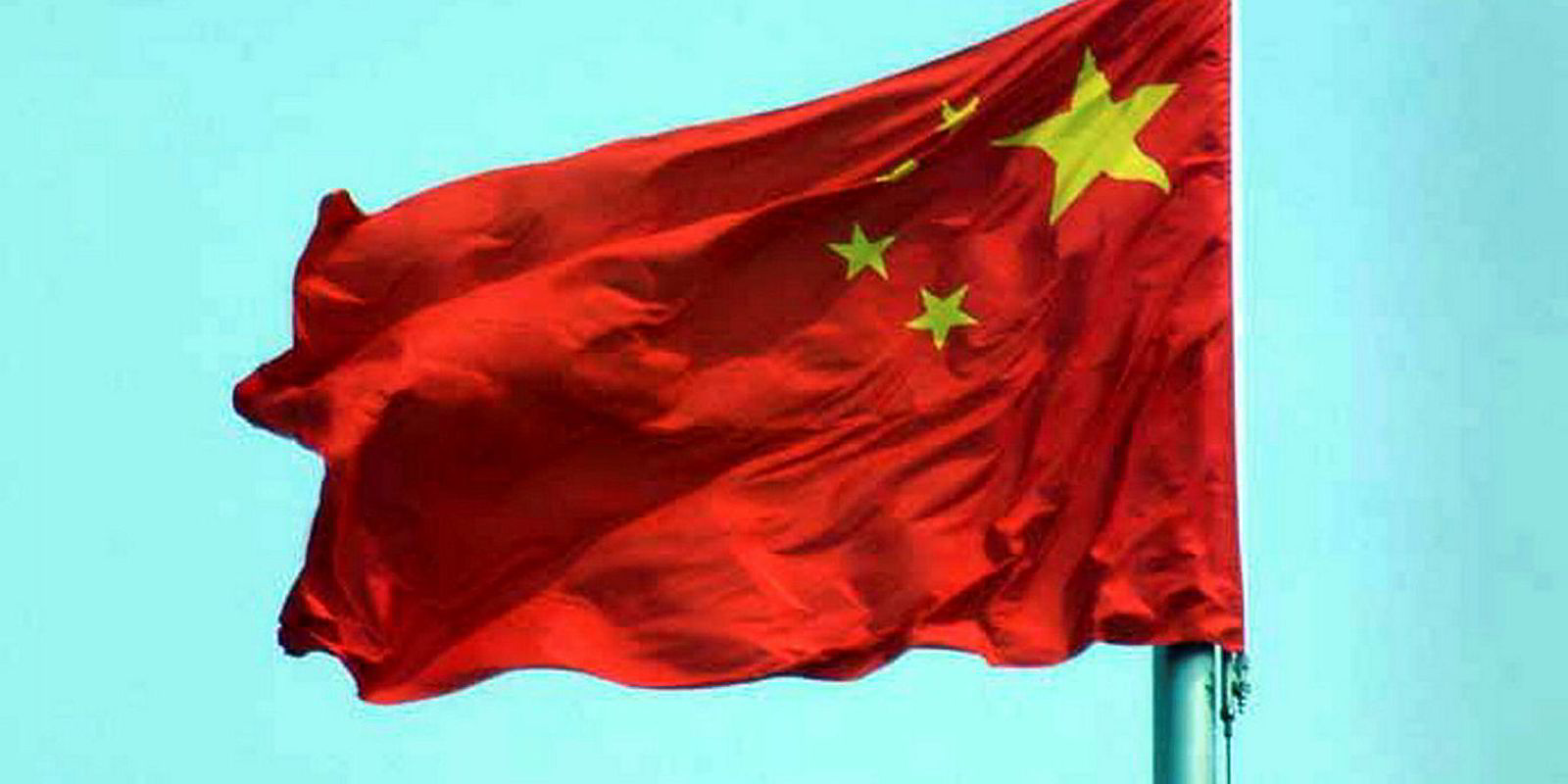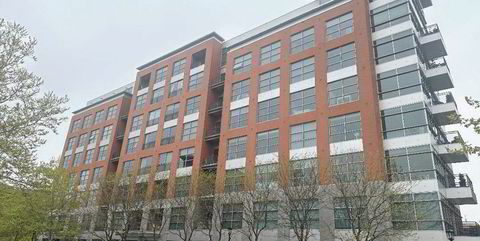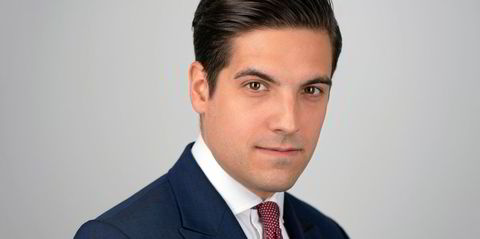A resolution is in sight for the last of the three yards set up by Simon Liang (Liang Xiaolei), with a proposal to turn the former Sinopacific Zhejiang Shipyard into luxury flats for China’s growing upper middle class.
That would mark a clean break for the Liang family after the two-year long financial collapse of their yards at Ningbo in Zhejiang province and at Nantong and Yangzhou in Jiangsu province.
But Liang, after 15 years in the shipbuilding business, still harbours hopes of a comeback for himself and his family’s Evergreen Group, in spite of all the defaults, bankruptcies, takeovers and even a criminal investigation.
When last heard from, however, Liang was keeping busy outside China and steering clear of new investments in his own name while legal action proceeds back home.
The once-thriving Sinopacific shipyards entered the bankruptcy process or liquidation one by one, starting in 2016. The causes were a mix of commercial and financial pressures.
Like other shipyards, especially those with exposure to dry bulk and offshore, they faced a thin orderbook. But they also had special problems of their own.
In the wake of a controversial mining investment in Congo, the Evergreen Group lacked the resources to keep its shipyards going in a loss-making market. Liang had borrowed heavily for the 2012 acquisition of Canadian-listed potash miner MagIndustries, which collapsed after a bribery scandal in 2015, leaving Evergreen short of reserves that might have been used to get the shipyards through a rough patch.
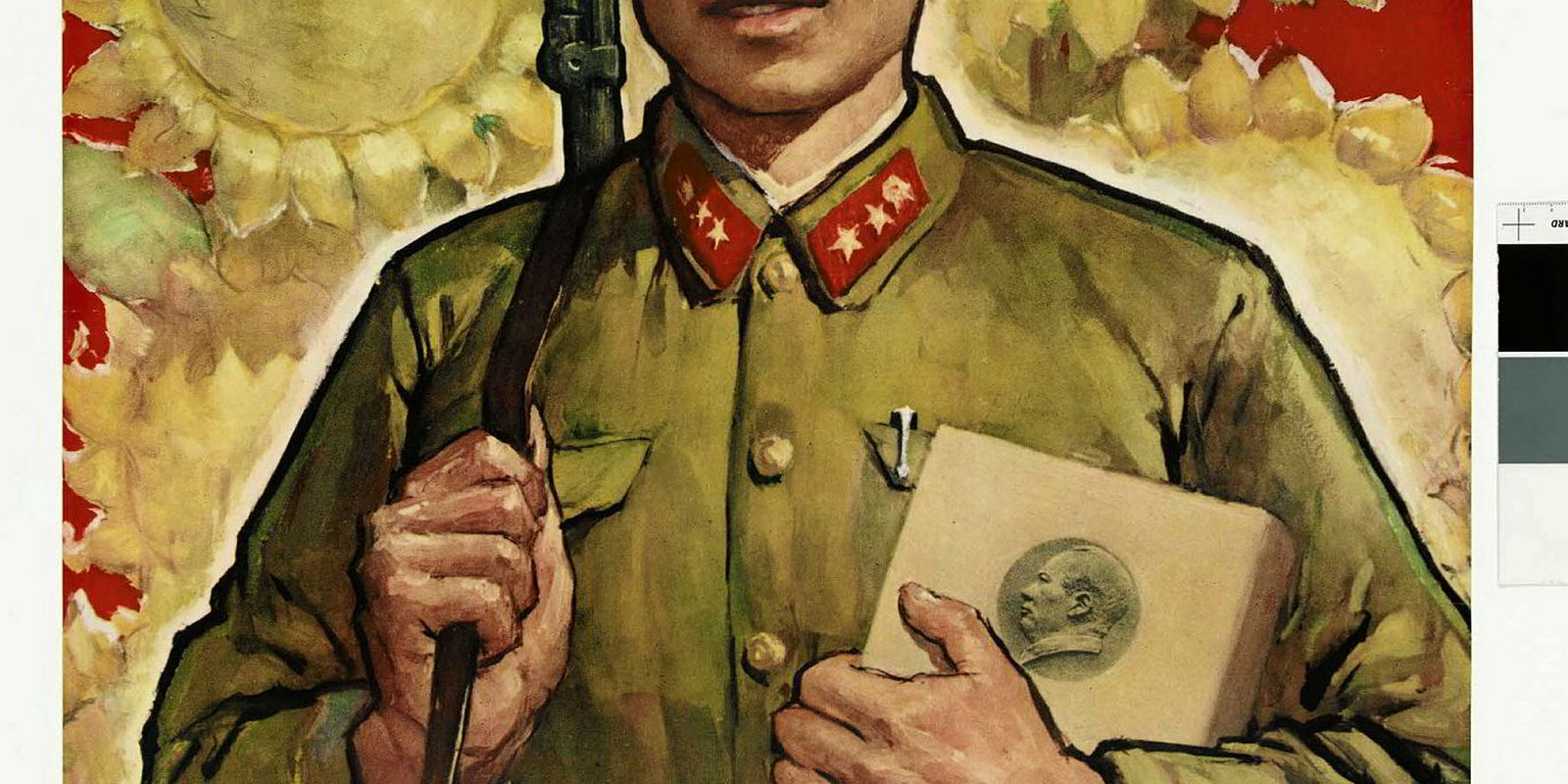
Since then, the yards have been working on a reduced scale, completing ships that adminstrators believe will add value for creditors.
But a final resolution seems to be at hand for the last of two former yards in the Sinopacific Shipbuilding Group (SSG). Leading property developer Evergrande is eyeing up the group’s first shipbuilding venture, former offshore vessel specialist Zhejiang Shipyard in Ningbo, to restructure its assets and convert the site into flats.
Supramax bulker builder Yangzhou Dayang, the strongest and best equipped of the yards, and the last to go under, has already restarted in the hands of a state-owned enterprise, the manufacturing conglomerate Sumec.
The third yard, Sinopacific Offshore & Engineering in Nantong — an Evergreen yard separate from SSG — was liquidated early on. Its former shipbuilding and gas module fabrication facilities have been operating as Nantong CIMC Sinopacific Offshore & Engineering under the control of CIMC Enric, a subsidiary of China International Marine Containers.
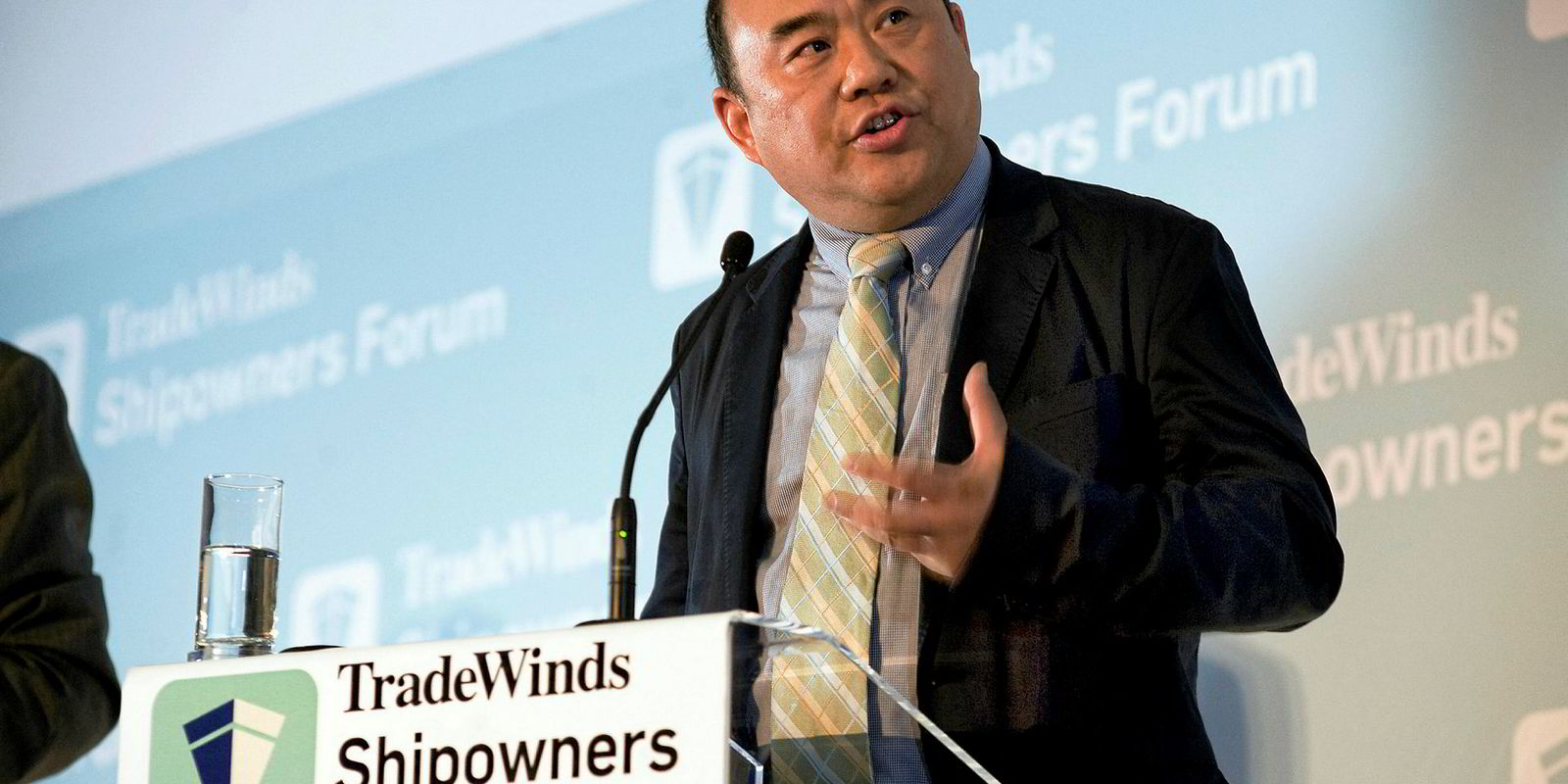
Meanwhile, Sinopacific founder Liang, the French-educated son of Evergreen Group founder Liang Guangfu, has left China amid the financial and legal turmoil and is now based in Southeast Asia.
In late July, Liang told TW+ he was avoiding investments of his own funds as long as the Sinopacific restructurings remain unresolved, and was working only as an advisor to friends’ Belt and Road projects.
Yet he still regards the yards he founded as his “children”, and at that point had not given up hopes of playing an advisory role in their revival under new ownership.
A month later, though, a fuller picture of the yards’ final disposition and other Evergreen Group and Liang family assets had emerged.
In August, Liang’s Beijing courtyard home in the historic Drum Tower district was auctioned, with the proceeds going towards repayment of a defaulted loan from the Export-Import Bank of China (China Eximbank). The sale was showcased on local television.
Besides the China Eximbank loan, a bond default has brought to light a criminal investigation of Evergreen and both Liang and his father. A report to bondholders by China Investment Securities that TW+ has seen reveals that the group and its principals have been under investigation for more than a year by the Ningbo Public Security Bureau over “suspected serious violations” in connection with obtaining financing.
The characteristically press-friendly Liang, normally not reluctant to talk about his business even in difficult circumstances, has proved unreachable by phone in the past few weeks. But earlier he shed some light on his plans.

“I am still in a difficult situation because of debt and the bankruptcy process,” he told TW+ when he spoke by phone from Myanmar in July. “So I have been keeping low-key.
“So far I don’t make investments of my own. But various friends have asked me to help in advising on financing projects in the Belt and Road initiative here in Myanmar, in Thailand, in Cambodia, also in Africa.”
The phases of the Liang family’s rise mirror those of Chinese socialism throughout the younger Liang’s life. The arc begins with the intensely ideological collectivism of the Mao era, rises through the stirrings of individual entrepreneurship under market-friendly reformer Deng Xiaoping, peaks in the era of supersized export-oriented industrial production under Jiang Zemin and Hu Jintao, and breaks off amid the uncertainties of today’s China.
In China today, the climate is not good for private businesses. But I have a clear idea of how they can operate for the next five years
According to a Chinese-language online biography dating from the height of Sinopacific’s good fortune, Simon Liang Xiaolei was born on a People’s Liberation Army base in 1963, at a low point in the career of supreme leader Mao Zedong, when economic moderates such as Deng and Liu Shaoqi seemed about to gain the upper hand and begin a pragmatist reform. It was between the disaster of the Great Leap Forward — Mao’s campaign to jump-start a modern industrial economy by sheer force of will — and his anarchic comeback through the Great Proletarian Cultural Revolution, which saw reformist allies of Deng and Liu viciously persecuted.
Like many of his generation, Liang bears a politically charged name deeply tinged with Maoist loyalty. “Xiaolei” (Little Lei), refers to the apocryphal Red Army soldier Lei Feng, whose example citizens were encouraged to study. The selfless Lei Feng, depicted in wall posters of the era in military uniform and trademark hat, was known for his untiring efforts to serve the people and for his deep devotion to Mao.
The namegiver, Liang Guangfu, a Korean War veteran, went on from military service to a Communist Party career. He retired in 1993 as municipal deputy propaganda bureau chief in Taizhou in Zhejiang at 60.
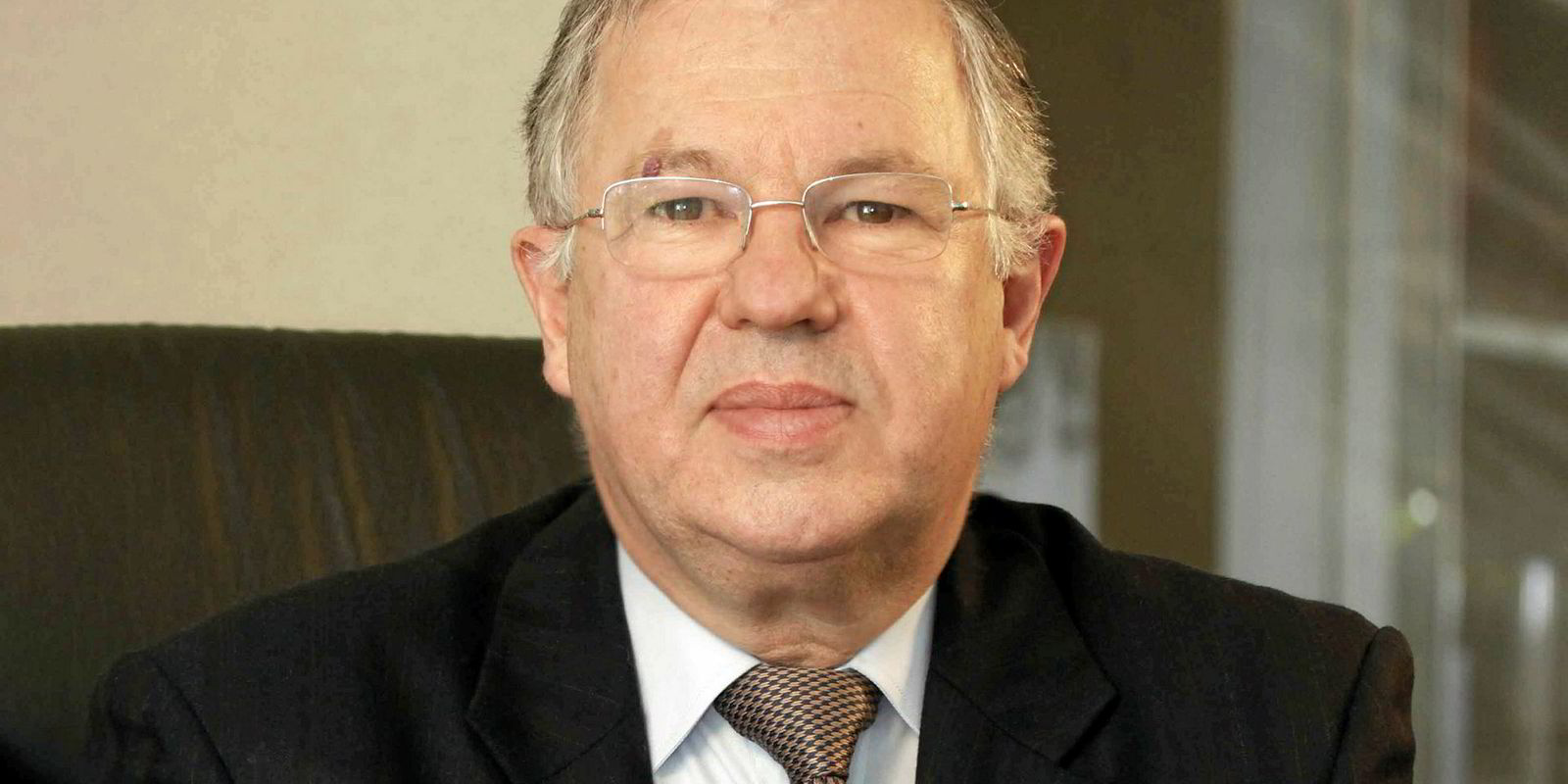
Zhejiang is not known as a hotbed of ideological orthodoxy: it has a reputation as a breeding ground of versatile, small-scale start-up entrepreneurs, who move easily from one investment sector to another as markets change. It is a place where a retired propaganda cadre might start a small manufacturing plant and grow it into a large diversified business conglomerate.
The elder Liang named his group Chunhe, which suggests the peace and harmony of a hopeful springtime. The official English translation Evergreen was the son’s idea, apparently inspired by his father’s first product line: Christmas tree lights.
For the shipping world, the globally oriented Simon Liang was always the face of Sinopacific. The family business’s roots in Zhejiang and the finance and government connections that started with the elder Liang’s party career there seemed to have been left behind. Sinopacific always seemed to be a more international enterprise than most Chinese yards, thanks partly to the backing and encouragement of Jacques de Chateauvieux, whose Groupe Bourbon was Liang’s business partner during most of the Sinopacific era, as well as its biggest customer for offshore, dry bulk and gas vessels.
But that narrative overlooks a crucial part of the Sinopacific story: the local and regional contacts that were a condition for its establishment and operation. What made privately owned shipbuilding possible in China was the availability of unprofitable state-owned yards waiting for a competent, forward-looking owner. When Evergreen took over Zhejiang Shipyard in 2003, it was reportedly the last large non-privatised industrial facility in Ningbo.
Such facilities were ready to be taken over by ambitious entrepreneurs like the Liangs, who saw the possibilities and knew the people in local government and banking who could make it happen.
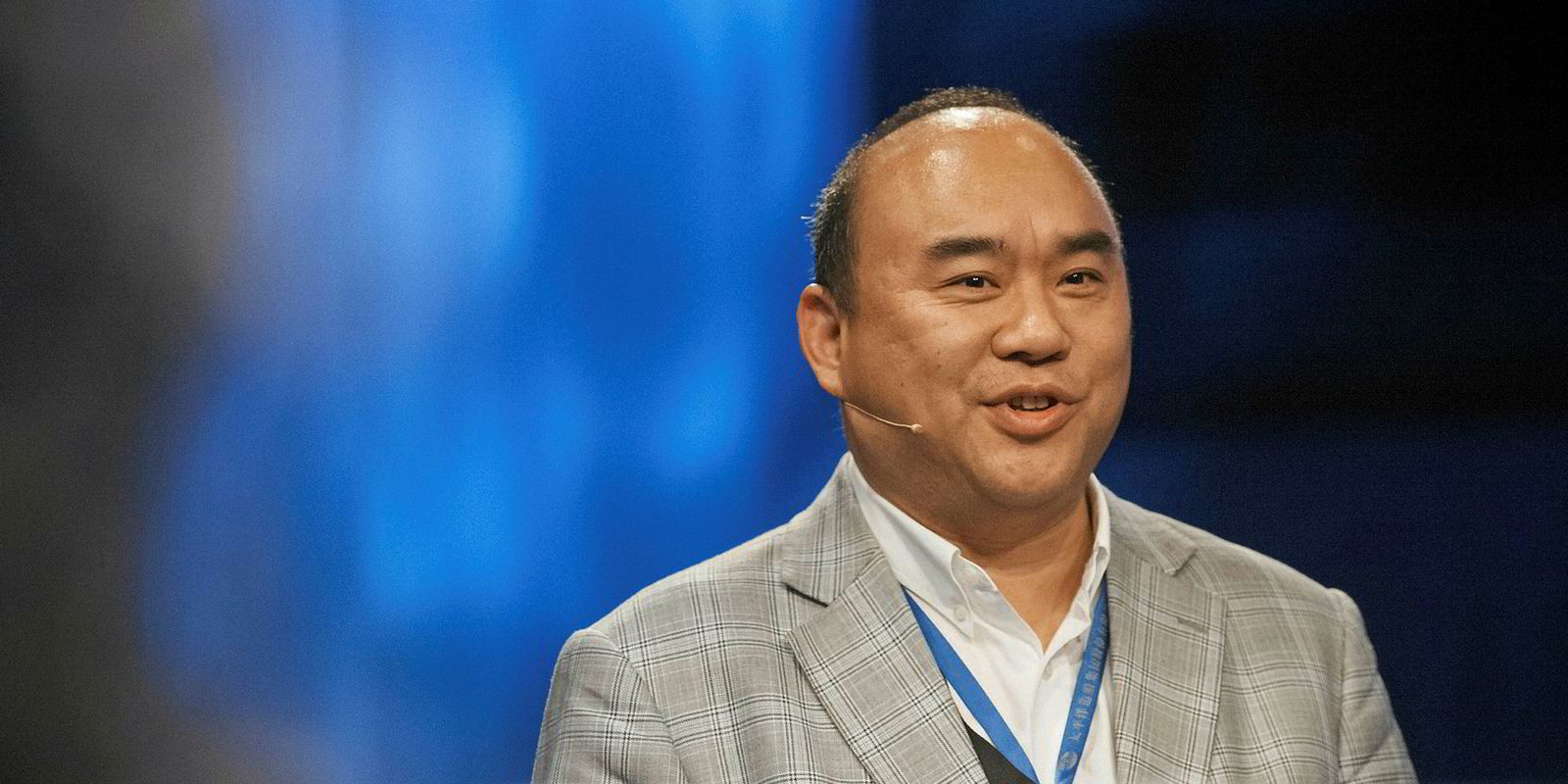
Many of China’s private shipyards have similar stories behind their creation — and behind their downfall. Sinopacific is not the only shipbuilding group to have returned from private to state ownership after the boom and bust of the past two decades, and it may not be the last.
Today, Liang has lost his shipyards but he has not lost his enthusiasm for them, and is ready to be called on for thoughts on their future, especially that of Dayang, because of its “first-class hardware”.
He acknowledges that large private industrial companies face very different conditions now than when he started out: “In China today, the climate is not good for private businesses. But I have a clear idea of how they can operate for the next five years. I know the solution. I have the key.”
The specifics of his proposal were too complicated for a phone conversation, “but the situation now is very similar to that in 2003”, he added, referring to the time when his family was persuaded to enter shipbuilding. Once again, the increasing dominance of state-owned enterprises in Chinese industry, along with a demanding market, may create opportunities for those who know how to use them.
“The market was very bad in 2003 and everything needed to be changed. This gave a lot of opportunities to dynamic and innovative companies,” Liang said. “And there is a new wave coming.”


